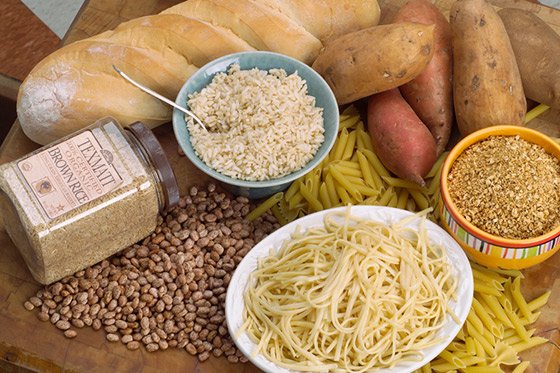I was at the bookstore looking at some magazines when something caught my eye. The subtitle read Hot Bodies Best Diets. I can't remember exactly which magazine featured the subtitle but it was one of the popular tabloids. I had two questions immediately. What do they mean by "Hot Bodies"? What do they mean by "Best Diets"?
According to the magazine "Hot Bodies" means skinny and "Best Diets" means diets that make you skinny. I looked through the magazine and I found that celebrities use all kinds of different diets just like non-celebrities. There was a common factor with all the diets in the magazine, calorie deficit. A diet that results in calorie deficit does not necessarily mean a quality diet, but it does mean weight loss. In my opinion all quality diets share some characteristics.
The key factors in quality diets are:
- Calorie intake (matters whether you're consciously counting or not)
- Consumption of sufficient quantity of essential nutrients
- Consideration of individual likes and dislikes
- Consideration of metabolic abnormalities
- Occasional breaks from the diet
- Recognizing that you don't have to stick to the program 100% of the time to see the benefits
Junk Food
Does consuming junk food (highly processed foods) make you fat? That depends on how much junk food you eat and your average daily metabolic rate. Isn't junk food bad for your health? That depends on how much junk food you eat, your energy expenditure and whether you have any metabolic abnormalities.
Do Calorie Sources Matter If A Calorie Is A Calorie?
A calorie is a unit of energy. It is the amount of energy or heat that it takes to raise the temperature of one gram of water one degree Celsius (1.8 degrees Fahrenheit). The energy derived from foods when they are oxidized in the body is measured in kilocalories (thousands of calories).
A kilocalorie is the amount of energy required to raise 1000 grams of water one degree Celsius. Kilocalorie is written as "Calorie" (with a capital C) or it may be abbreviated to "Kcalorie" or "Kcal." Therefore, whenever the word calorie is used in connection with food or nutrition, the meaning is always kilocalorie or calorie.
In terms of fat loss, a low calorie diet consisting of Twinkies will result in weight loss just like a low calorie diet consisting of fruits and vegetables. When considering which is more nutritious fruits and vegetables wins hands down. Which is more filling? Fruits and vegetables win again. When considering issues other than energy content it's not just about calories.
We get calories from four sources including protein (4 Kcal per gram), fat (9 Kcal per gram), carbohydrate (4 Kcal per gram) and alcohol (7 Kcal per gram).
Are all calories the same? Yes and No.
Technically speaking a calorie is a calorie. The definition of a calorie does not change, but different calorie sources have different properties, and they affect the body in various ways. So, when considering nutrient value, affects on appetite, intolerances, and allergies, there are differences in calorie sources.
On a final note, some low-carb advocates claim that calories from fat are different than calories from carbohydrate. This assumption comes from the fact that short term weight loss is usually greater, even when eating the same amount of calories, with a low carbohydrate diet than a higher carbohydrate diet; however this occurs due to water loss.

Supplements
Do you really need to spend hundreds of dollars per month on supplements if your nutritional practices are optimal? I doubt it. Let me re-word that, no, you don't.
Supplements add to the program. They do not replace sound training and nutrition. Legendary protein researcher, Kevin Tipton, says, "There is no reason to recommend protein supplements per se because there is no evidence that supplements work better than foods." I am not anti-supplement, but I am anti-nonsense.
